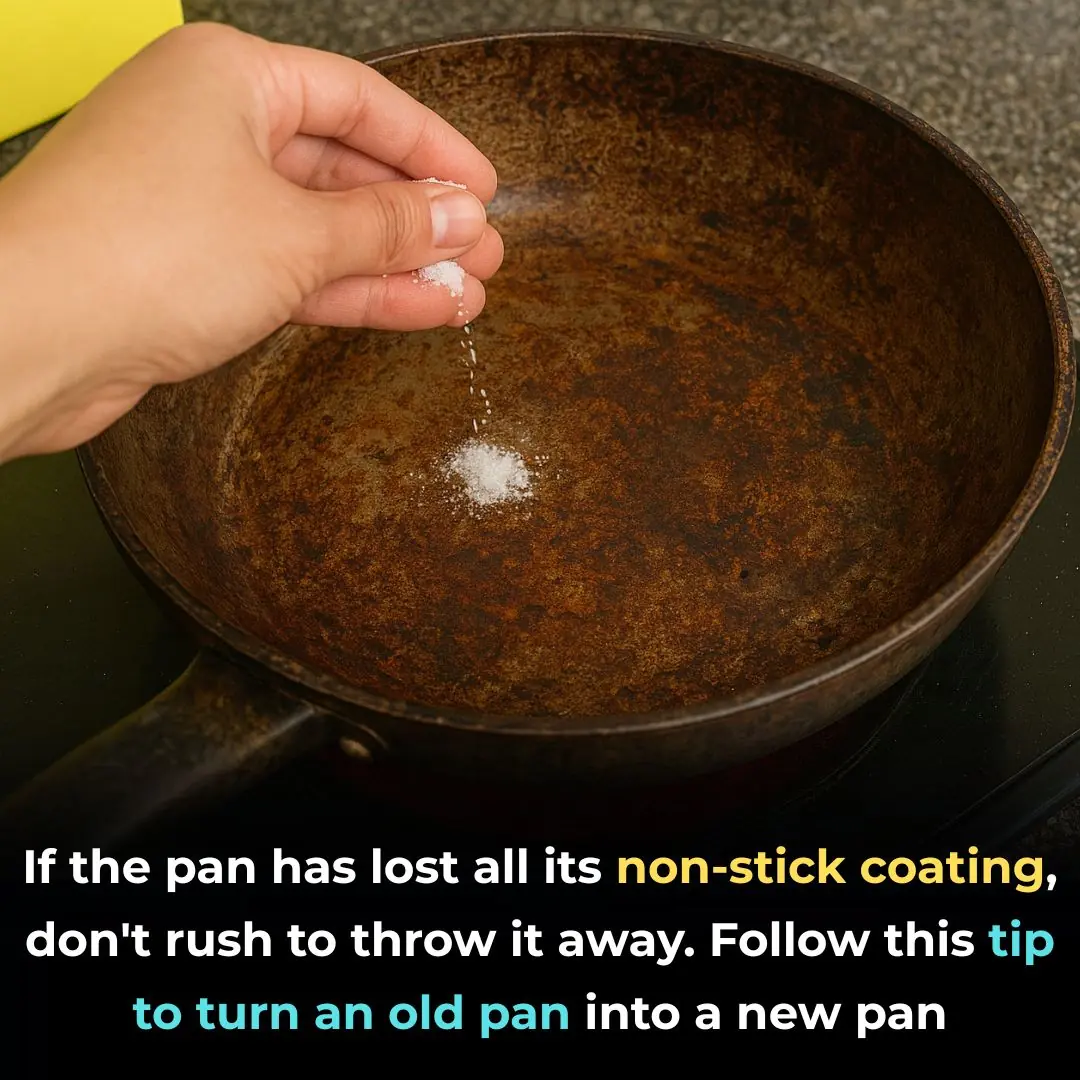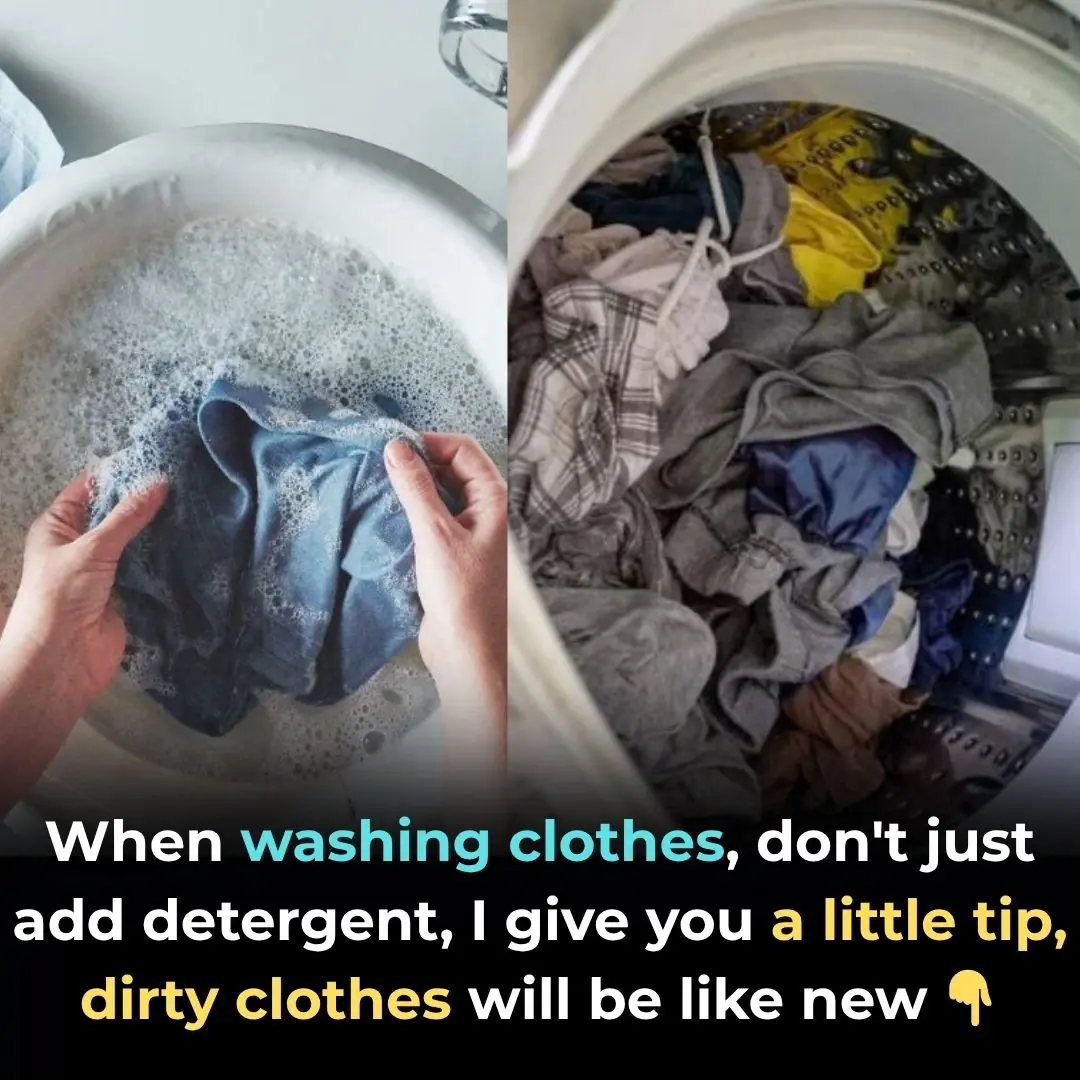
You are doing it all wrong. Here’s the right way to wash towels
Towels are an indispensable part of our daily routine, providing both comfort and hygiene. Despite their importance, many people often overlook proper care for towels, which can lead to issues such as rough texture, unpleasant odors, and decreased absorbency. Learning the correct methods for washing and maintaining towels can not only extend their lifespan but also ensure they remain soft, hygienic, and effective in everyday use.
In this article, we will delve into the most common mistakes people make when washing towels and provide a comprehensive guide for towel care. From understanding the best water temperature to selecting the right detergent and exploring the benefits of air drying, you’ll gain the knowledge needed to keep your towels in pristine condition while maximizing their longevity.
1. Understanding the Importance of Proper Towel Care
Towels are typically made from cotton fibers, which require careful treatment to preserve softness and absorbency. Proper towel care involves understanding the material and avoiding actions that can damage the fibers. Well-maintained cotton towels can last for years, providing comfort and practicality every day.
Proper care also ensures hygiene. Towels are often used in humid environments like bathrooms, which can become breeding grounds for bacteria, mildew, and other microorganisms if towels aren’t washed and dried thoroughly. Maintaining a regular washing schedule and ensuring towels dry completely prevents unpleasant odors and reduces potential health risks, making your bathroom environment cleaner and safer.
Additionally, good towel care can enhance the overall experience of daily routines. Soft, fresh towels feel luxurious and inviting, contributing to a sense of comfort and relaxation in your home.
2. Common Mistakes When Washing Towels
Several frequent mistakes can compromise towel quality:
-
Overcrowding the washing machine: This prevents towels from getting properly cleaned and rinsed, leaving detergent residues behind.
-
Using excessive detergent: Too much detergent can make towels stiff and reduce absorbency.
-
Washing towels with clothes: Mixing towels with other laundry items can cause lint transfer and prevent proper cleaning.
-
High dryer heat: Excessive heat damages fibers, making towels rough and worn over time.
Avoiding these mistakes ensures your towels stay soft, absorbent, and durable for years.
3. Why Fabric Softeners Are a No-Go for Towels
Fabric softeners may seem beneficial for keeping towels soft, but they coat fibers with a chemical layer that reduces absorbency. Over time, this can make towels less effective at drying and lead to buildup that affects both feel and performance.
Instead, a safer alternative is using half a cup of white vinegar during the rinse cycle. Vinegar breaks down detergent residues, naturally softens towels, and helps maintain their absorbency without introducing chemicals. This simple trick can dramatically improve the feel and longevity of your towels.
4. Ideal Water Temperature for Towel Washing
Warm water, between 40°C (104°F) and 60°C (140°F), is ideal for washing towels. It effectively removes dirt, oils, and bacteria while being gentle enough to preserve fiber integrity.
While hot water may sanitize, repeated use can cause shrinkage, fading, and fiber weakening. Cold water, although energy-efficient, may leave oils and bacteria behind, resulting in musty towels. Warm water strikes the perfect balance between cleanliness and fabric care.
5. Load Size: Maximizing Washing Efficiency
Proper load size is crucial for effective cleaning. Filling the washing machine about two-thirds full allows towels to move freely, ensuring water and detergent circulate efficiently. Overloading prevents thorough washing and rinsing, while underloading wastes water and energy. Finding the right balance protects your towels and promotes optimal cleaning.
6. Timing Your Vinegar Rinse for Freshness
Vinegar should be added during the first rinse cycle to help dissolve detergent residues and maintain towel softness. Adding vinegar too early may reduce detergent effectiveness, while adding it too late may limit its impact. Correct timing ensures towels come out soft, fresh, and free from odors.
7. Choosing the Right Detergent
Select a mild, liquid detergent that is free of dyes and fragrances. These additives can leave residues that reduce absorbency. Using too much detergent makes rinsing difficult and can leave towels stiff. Generally, half the recommended amount for a regular load is sufficient, as towels usually accumulate less dirt than other laundry items.
8. Air Drying vs. Machine Drying
Air drying is the gentlest method, preserving fibers and extending towel life. Hang towels in a well-ventilated area to dry naturally, which prevents shrinkage and maintains softness.
If using a dryer, choose a low heat setting. Adding dryer balls can help fluff towels and reduce drying time. Avoid dryer sheets, which coat towels with chemicals and diminish absorbency. Combining air drying with occasional low-heat drying can offer the best results.
9. How Often to Wash Towels
Bath towels should be washed every three to four uses to maintain freshness and hygiene. Face and hand towels may need washing more frequently due to constant use. Watch for odors or visible dirt as indicators that it’s time to wash. Regular washing not only keeps towels clean but also prevents bacterial and mildew buildup.
10. Using Baking Soda for Extra Freshness
Baking soda is a natural deodorizer that keeps towels fresh and soft. Adding a quarter cup to the wash cycle neutralizes odors and enhances detergent performance. Baking soda also helps break down residue, making towels softer without chemicals. This simple, cost-effective addition can significantly improve towel quality.
11. Popular Viral Hacks: Which Work and Which Don’t
Many viral towel hacks circulate online, but not all are effective:
-
Using vinegar and baking soda together can neutralize their effects; they work best separately.
-
Essential oils can add fragrance, but should be used sparingly to avoid strong scents or irritation.
Always test hacks on a small batch first to ensure they suit your towels and washing machine, rather than risking damage or disappointing results.
Extra Tips for Long-Lasting Towels
-
Rotate towels regularly to avoid excessive wear on favorites.
-
Shake out towels before drying to fluff fibers.
-
Store towels in a dry, ventilated space to prevent mustiness.
-
Trim loose threads instead of pulling them to avoid unraveling.
Proper care makes a noticeable difference: your towels will stay soft, absorbent, and hygienic, enhancing your everyday comfort while lasting much longer.
News in the same category


My nana taught me this hack to dust ceiling fans in 3 mins with 0 work. Here’s how it works

My nana taught me this hack to lift carpet stains in 2 mins with 0 work. Here’s how it works

3 ways to prevent snakes from entering the house, everyone needs to know to protect their family

Tips to clean gas stove rust with rice water and cooking oil, seems like a joke but the effect is surprising, the stove is sparkling clean

You’re doing it all wrong. Here’s the right way to store bread

Make Your Bitter Melon Soup Sweet and Nutritious — Just Add This One Ingredient

Should You Unplug Your Rice Cooker After the Rice Is Cooked?

Most do this wrong. 10 dairy items you’re storing incorrectly

Most do this wrong. 10 vegetables you’re storing the wrong way

Most do this wrong. 10 bedding items you’re storing wrong

5 foods you should never keep in the refrigerator door, take them out immediately before it's too late

Why are women's buttons on the left while men's are on the right?

If your pan has lost all its non-stick coating, don't be quick to throw it away; follow this method and your pan will be like new again.

When washing clothes, don't just add detergent; here's a little tip for you: dirty clothes will look like new.

Mosquitoes are very afraid of this liquid; placing a bowl in the room keeps them from buzzing around all night.

Don't throw away rotten tomatoes, the rottener the tomatoes, the more useful they are if you know these uses

Here's how to open a can in an emergency (this is so simple!)

When buying avocado, don't be greedy for big fruit or you'll "waste money", choose this point to get the most delicious and supple one.

98% of people don't know what the hole in a safety pin is for
News Post

Why You Shouldn’t Pluck Your Nose Hairs

Adam Sandler Sends Heartfelt Flowers to Jennifer Aniston EVERY Year On a Specific Day and Here’s Why

8 reasons why adding baking soda to your toilet tank is a must-do trick

My nana taught me this hack to dust ceiling fans in 3 mins with 0 work. Here’s how it works

My nana taught me this hack to lift carpet stains in 2 mins with 0 work. Here’s how it works

YouTubers spend $10,000 unboxing three jet boats from Temu and are in shock at what's delivered

Netflix star issues message to MrBeast after claims YouTube star is opening his own bank

Remembering Lee Elder, A Trailblazer Who Broke Barriers In Golf

‘Towanda Was Right’: Tamar Braxton Lands In the Hot Seat After Cozy Onstage Moment with Toni Braxton’s Husband Birdman

The Elephant That Never Forgot.

The Man Who Never Stopped Living.

The Cry in the Cane Field: A Mother Leopard’s Reunion.

The Diver Who Never Came Back: The Story of Saman Kunan.

The Girl Who Refused to Give Up: Yulia’s Story of Survival and Courage.

Camille’s Fight: The Girl Who Named Her Tumor and Found Her Courage.

A Dance for Daddy: The Soldier Who Stepped In When a Little Girl Needed Him Most.

The Man Who Gave a Turtle Its Freedom Back.

To the Ones Who Show Up: A Mother’s Letter to the Teachers Who Stand Between Our Children and the World.

The Whale Behind Them: A Once-in-a-Lifetime Encounter at San Ignacio Lagoon.
